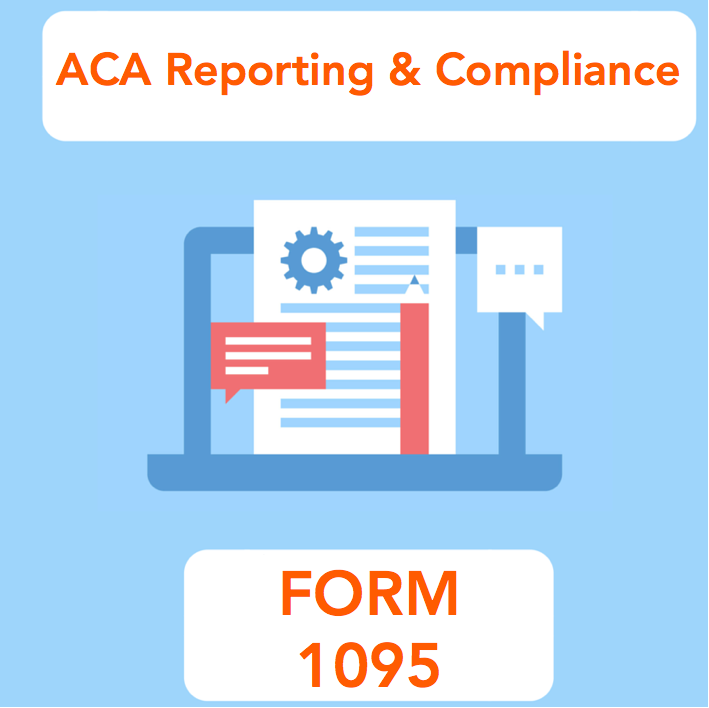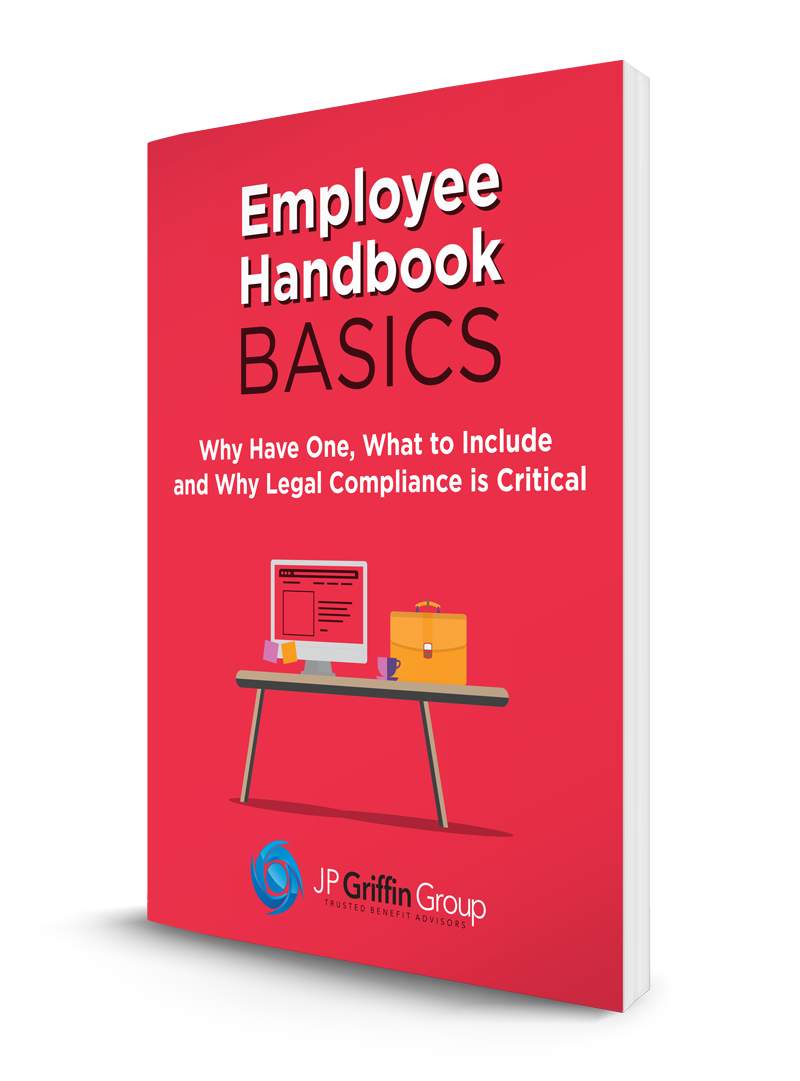SCOTUS Decision Settles Subsidies. Now Let's Tackle Runaway Healthcare Costs.
Well that was a close one! If anyone missed it, the Supreme Court of the United States last Friday held in favor of the defendants and found subsidies included in the Affordable Care Act (ACA) applied to all states and not just the ones that set-up state-run Exchanges.Did anyone really expect this 30,000+/- page body of work to fall, based upon the interpretation of just a few words?
Regardless of your feelings about this latest ruling, or the law in general, most folks agree that it is time to move on. The last four years have been action packed and filled with non-stop controversy regarding this law. In the end, another four years of confusion and uncertainty won't help the citizens of this country.
While there are many aspects of the law that make absolutely no sense and are terribly problematic, there are also many aspects that are great: guaranteed issue, no medical questions for enrollees, 100% coverage for preventative services and streamlined enrollment are all good things that have come from the law. Mandates, reporting and penalties are areas that will require years for individuals and employers to fully understand and fully comply at it is time to move on. The last four years have been action-packed and filled with non-stop controversy regarding this law. In the end, another four years of confusion and uncertainty won't help the citizens of this country.










![[Webcast] Required ACA Reporting: Minimum Essential Coverage (MEC) & Applicable Large Employer (ALE) - Featured Image](https://www.griffinbenefits.com/hubfs/ACA_Compliance_Reporting.jpg)









